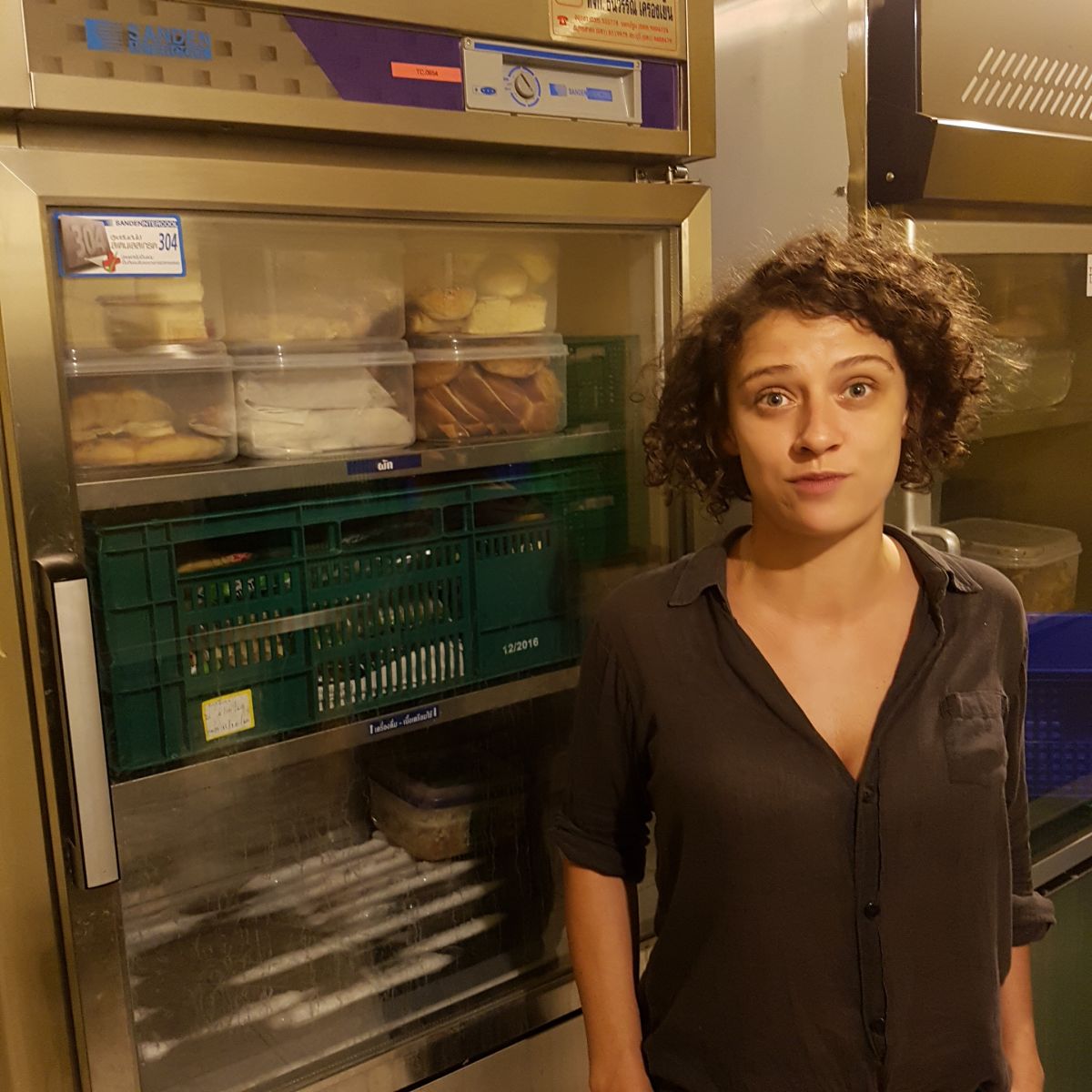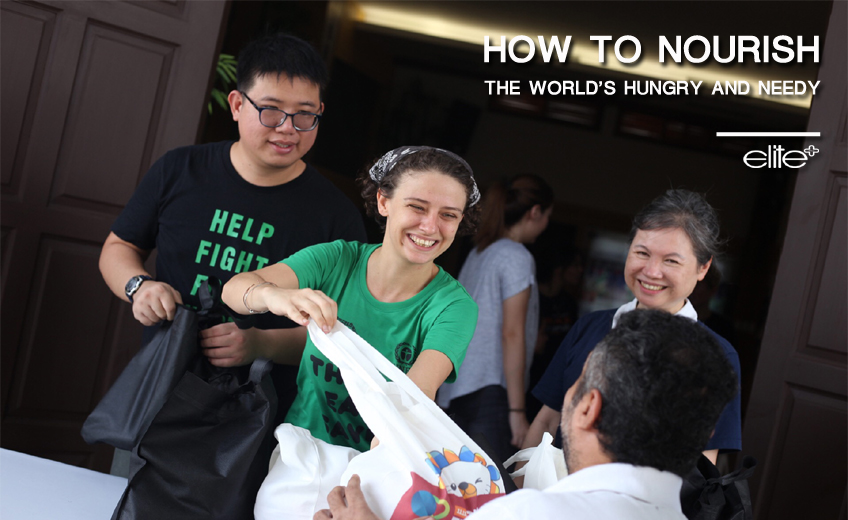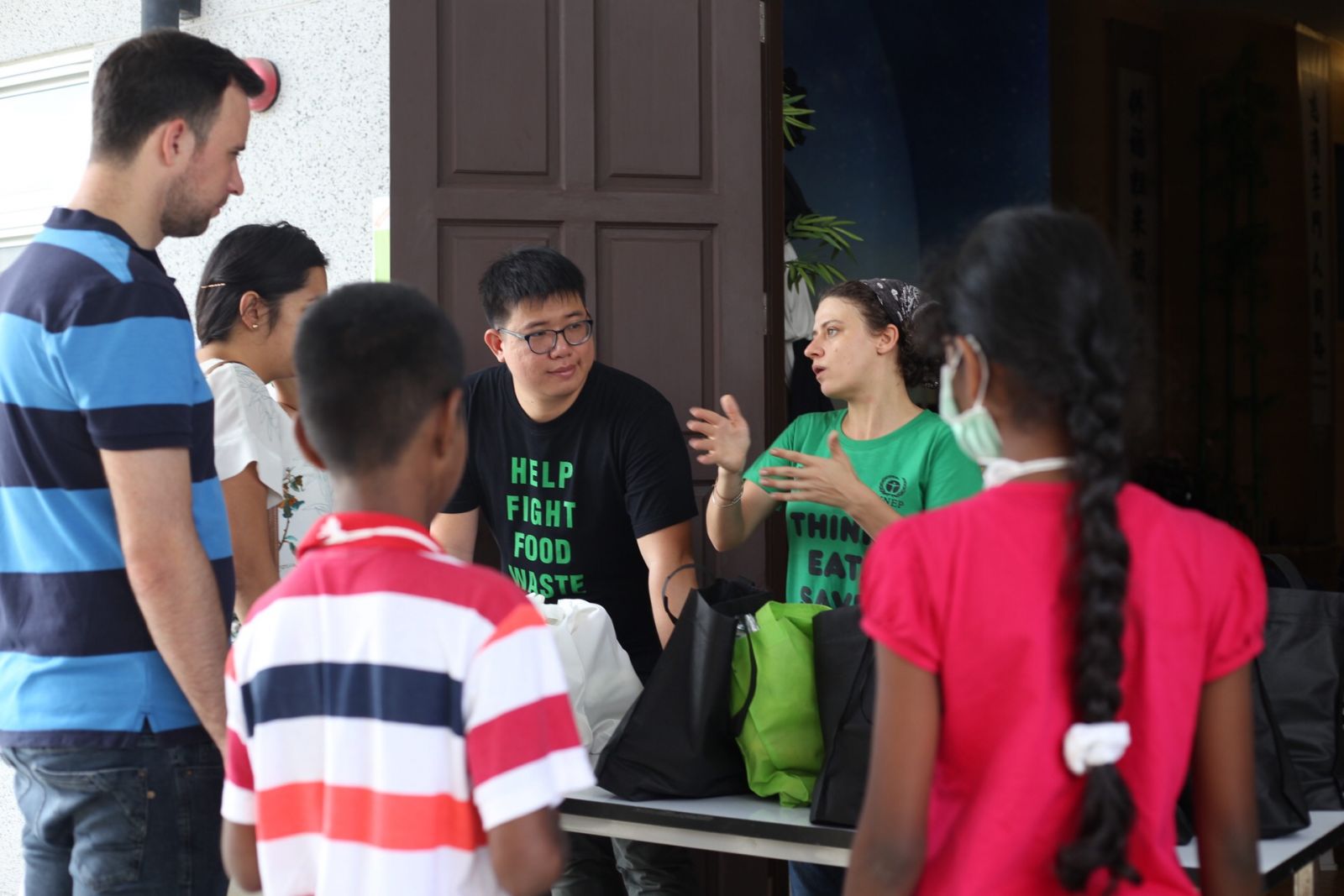According to the UN’s Food and Agriculture Organization (FAO), around 1.3 tons of edible food is wasted every year, which adds up to some US$750 billion dollars. All that wastage, which sucks up valuable resources to produce, could have helped to feed many of the world’s hungry and, if it had been consumed, prevented tons of greenhouse gases escaping from already-overburdened landfills to poison the atmosphere and heat up the dilemma of global warming.
The movement to stop this wastage and/or divert it those in need has been gathering momentum over the last five years. France is at the forefront. In early 2016 the country passed the first law forbidding supermarkets from throwing out or destroying unsold food. Instead, the supermarkets will have to donate these products to charities or food banks. Failing to comply means that these businesses are liable to face fines of 3,750 Euros.
Although other countries like the UK, Australia, the US and Germany are moving in a similar direction, the first NGO solely dedicated to turning unused food into free meals for the hungry and destitute in Thailand is ThaiHarvest SOS. Started in 2016 and privately funded, the not-for-profit foundation is a merger between Scholars for Sustenance (SOS), founded by Bo H Holmgreen of Denmark and a frequent visitor to Thailand, as well as OzHarvest, headquartered in Sydney, which has operated across Australia for the past 14 years and also works in the UK, South Africa and New Zealand.
In little more than a year, ThaiHarvest SOS has notched up some impressive stats: providing some 200,000 meals for those in need after collecting some 65 tons of edible food from five-star hotel buffets, mega-stores, restaurants and smaller supermarket chains.

The basic premise is not new among the middle-classes of the West, said Abigail Smith, the Chief Operations Officer. “I grew up in a household where my mother told me to finish my meal because there’s people starving in Africa. It’s not a new concept. It’s basic and what our foundation does is one of a million things that people can do to reduce food waste on their own.”
But in Thailand, changing minds and winning stomachs, has been more of an uphill struggle, explained Po-Tsao “Bruce” Chen, the foundation’s Community Engagement Coordinator. “One challenge is changing the perceptions of both donors and recipients, because the concept is pretty new here.” Safety is a primary concern. Some recipients fret that the foodstuffs are leftovers. In reality, said Bruce, these fruits, vegetables, meats and baked goods are “very clean and there are good hygiene standards in places like five-star hotels. So it’s very safe.”
Getting Tesco Lotus on board was a major turning point for ThaiHarvest SOS. The company has successfully put such programs in place in the UK, which has also been a positive publicity coup for the chain and a way to boost its Corporate Social Responsibility programs. As a fertile land of plenty where food is often available 24/7 in urban enclaves, Thailand has worrisome levels of wastage. According to the Pollution Control Department, 64 percent of the debris in landfills is food. That statistic is higher than in many other countries, where food is more expensive and not as readily available.
When trying to zero in on the scope and sources of this problem, data is thin on the ground, said Abigail, but more studies are in progress. Hazarding a guess, she estimated that a mega-store like Tesco Lotus would have to throw out some 200 to 400 kilos of edible food per day, whereas the average hotel breakfast buffet might yield 20 kilos of foodstuffs. At an average of three meals per kilo that’s a lot of potential nourishment for orphans, refugees, the poor in Bangkok’s biggest shantytown of KhlongToey, and for the mentally disabled languishing in government-run shelters, all of whom are beneficiaries of this bumper harvest.
.jpg)
The foundation also delivers compost to farmers in the form of vegetable peelings, coffee grounds and eggshells to farmers as a way of fertilizing their fields so they can cut down on the number of harmful chemicals. In 2018, ThaiHavest SOS is planning on adding a few more trucks to its fleet, each of which can carry up to 900 kilos of edible food or compost, as well as expanding their operations to Myanmar and Cambodia.
Driving the foundation’s success and plans for expansion is a growing awareness that, compared to other challenges facing the planet, such as climate change and the wholesale slaughter of endangered species, the problems posed by food security are easier to address. “We’re not trying to come up with an alternative source for fossil fuel here,” said Abigail. “This is easy. This is a no-brainer. It’s in our conscience. It’s in our core. You’d be hard pressed to meet a human being who doesn’t believe that everyone deserves a decent meal.”





















































































































































































































































































































































































































































































































































































































































































































































































































